Vale Paul Jones – an ever-present grin
It is with great sadness that we announce the passing of senior pasture scientist Paul Jones ‘Jonesy’ from the Emerald office on Sunday 28 July.
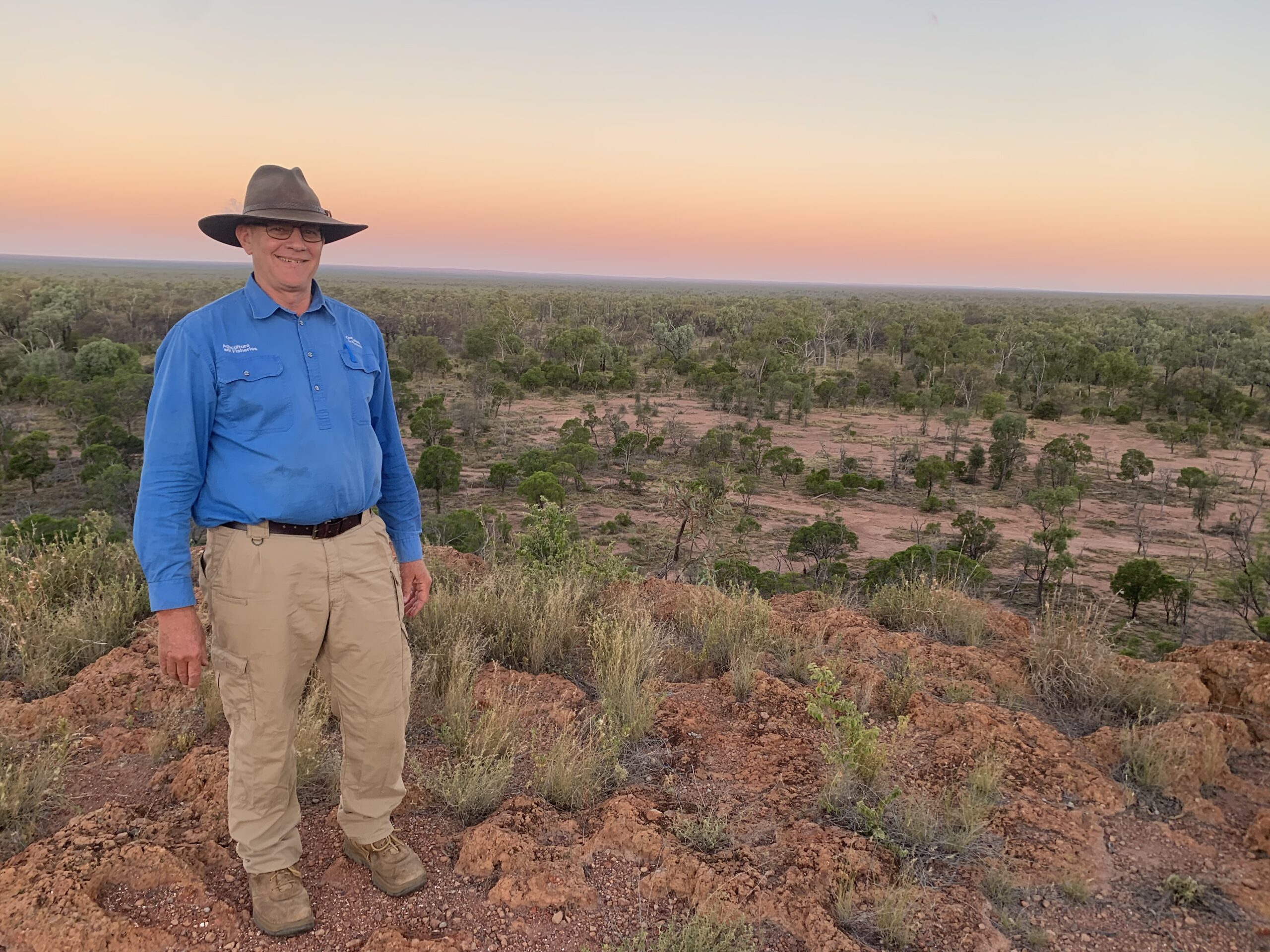
Paul joined the Department of Primary industries in July 1988 as a pasture agronomist at the Charleville Pastoral Laboratory after graduating with a Bachelor of Rural Science from Gatton.
Most recently, Paul was a Senior Pasture Scientist, based in Emerald. He specialised in research into native and sown pasture health and sustainable gazing land management practices for Queensland extensive livestock grazing industries.
In Charleville, he inherited a suite of woody weed and fire management research programs and soon put his mark on how they were conducted. Not only did he document the general increase in woody vegetation cover through detailed on-ground field observations, but he also developed methods to manage woody vegetation based on sound landscape management principles. A key aspect of his work was that these principles could be readily applied at the paddock scale.
Through this work, he developed a good rapport with producers across western Queensland. His field sites and research results were used as examples of what practical and sound vegetation management could achieve in the heady days leading up to the passing of Queensland’s Vegetation Management Act 1999. His paddock-scale demonstrations of timbered country strategically pulled on the contour and leaving ample shade lines and vegetation corridors were visited by many proponents and opponents of the Act.
It was also in Charleville that he learnt the art and craft of BOTANAL, the CSIRO-developed method for assessing pasture yield and species composition in pasture and grazing trials. Paul was the longest serving and most experienced BOTANAL user in the department and was still using it a few months ago in the Central Queensland Pasture Resilience Project. He also helped drive the transition from clunky paper-based field recording sheets to hand-held palmtop computers.
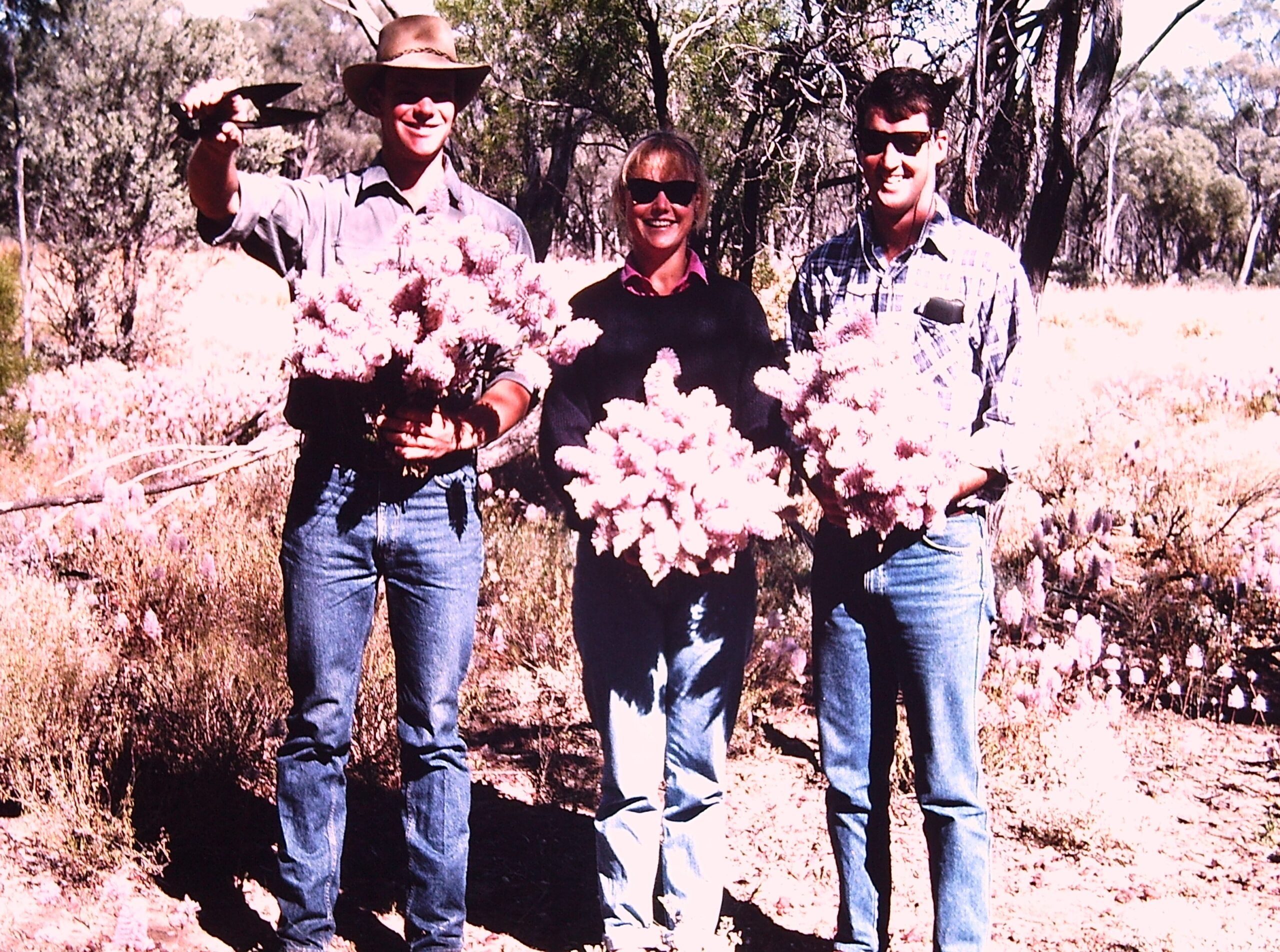
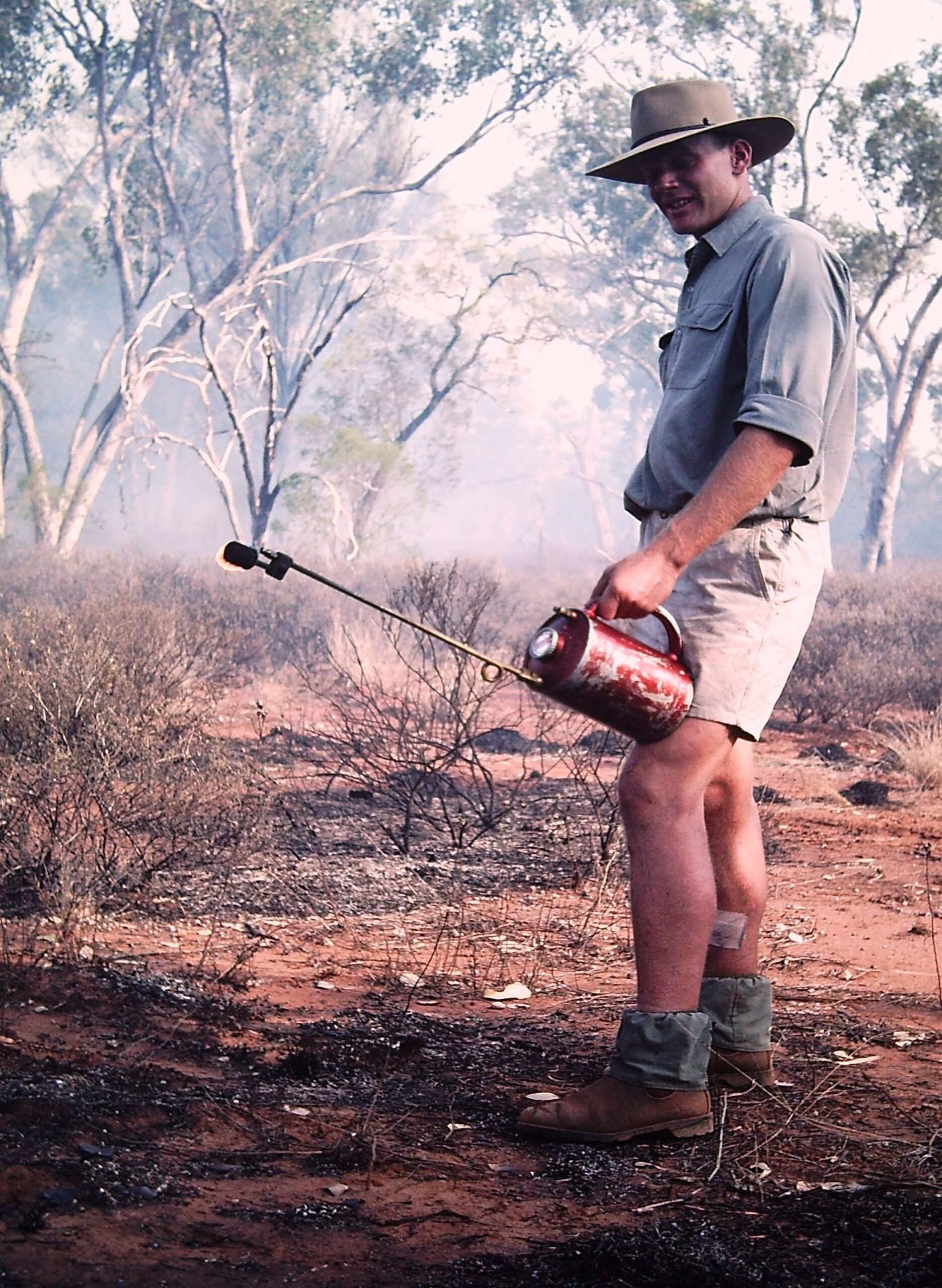
In the late 1990s, Paul moved to Emerald to join the team developing sustainable grazing land management principles for the extensive Aristida / Bothriochloa native pasture community of Queensland. Over the last 20 years Paul was an integral part of the team leading several beef cattle grazing trials on landholder cooperator properties.
His specialty research skills in monitoring perennial grass recruitment and health have provided critical, foundational understanding to recover pasture condition and carrying capacity on large areas of poor condition grazing land in northern Australia and sown pastures recovering from pasture dieback. In this work, he displayed great diligence, persistence and attention to detail in monitoring individual plants over many years in his 12 year spelling project at Wambiana. This included many droughted, unrewarding years when nothing seemed like it was ever going to happen.
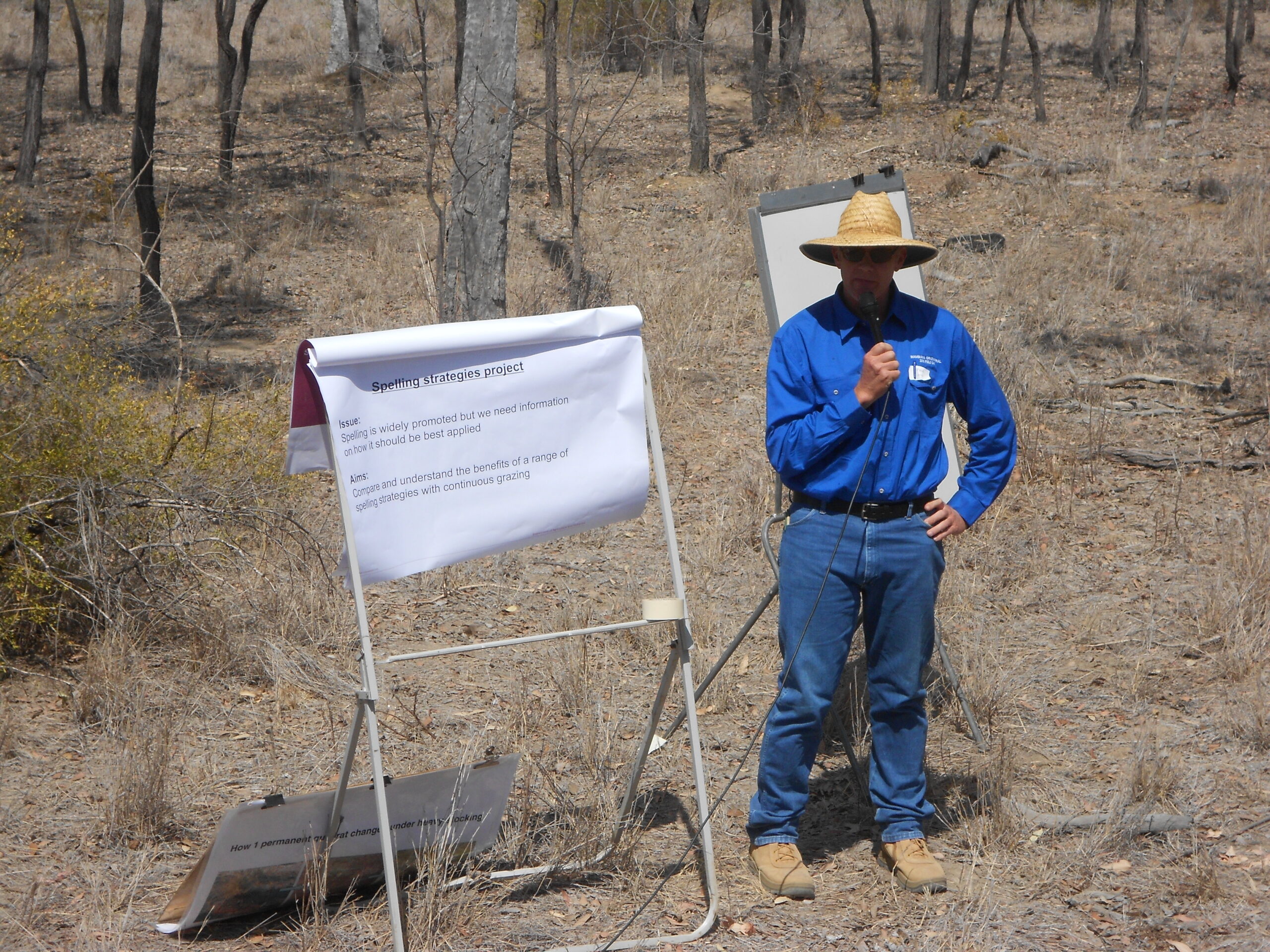
Those who conducted field work with Paul will be familiar with the image of a 6-foot something bloke wearing an Akubra, sitting on a tiny fold-out camping stool, opening his esky to pull out a pair of sandwiches – most likely ham and cheese – and pouring himself a large pannikin of black tea. Two tea bags on the days he was feeling like he ‘needed it’ and exclaiming, ‘ooh gee, thank you!’ when offered a home-baked sweet treat someone had brought to share.
On long stretches of weeks of BOTANALs or pasture charting, he would encourage regular ‘brain breaks’. He partook in hearty yarns on his next planned desert crossing, his sons’ latest work or sporting achievements, stories from his footy playing youth, and even the odd singalong. He also never said no to a red frog or jelly bean on a brain break!
Paul has published his work in the scientific literature, project reports, information booklets and newsletter articles. He was also comfortable talking about his work to producers at field days and professional colleagues at conferences and technical workshops. He was planning to present on his pasture recovery work at the International Rangeland Congress in Adelaide in June 2025. In meetings, he was a person who would speak his mind and would not back away from a solid discussion. He had ample real-world examples, evidence and experience to back up his arguments.
Paul was also a highly regarded role model for younger staff, mentoring many aspiring grazing land management, pasture and beef extension staff on pasture identification and land management. He was thoughtful and always thought carefully before replying. His willingness to support and train colleagues will be an enduring legacy. Paul was a great bushman, off-road driver and traveller so he knew how to work safely and comfortably in the bush and enjoy the job.
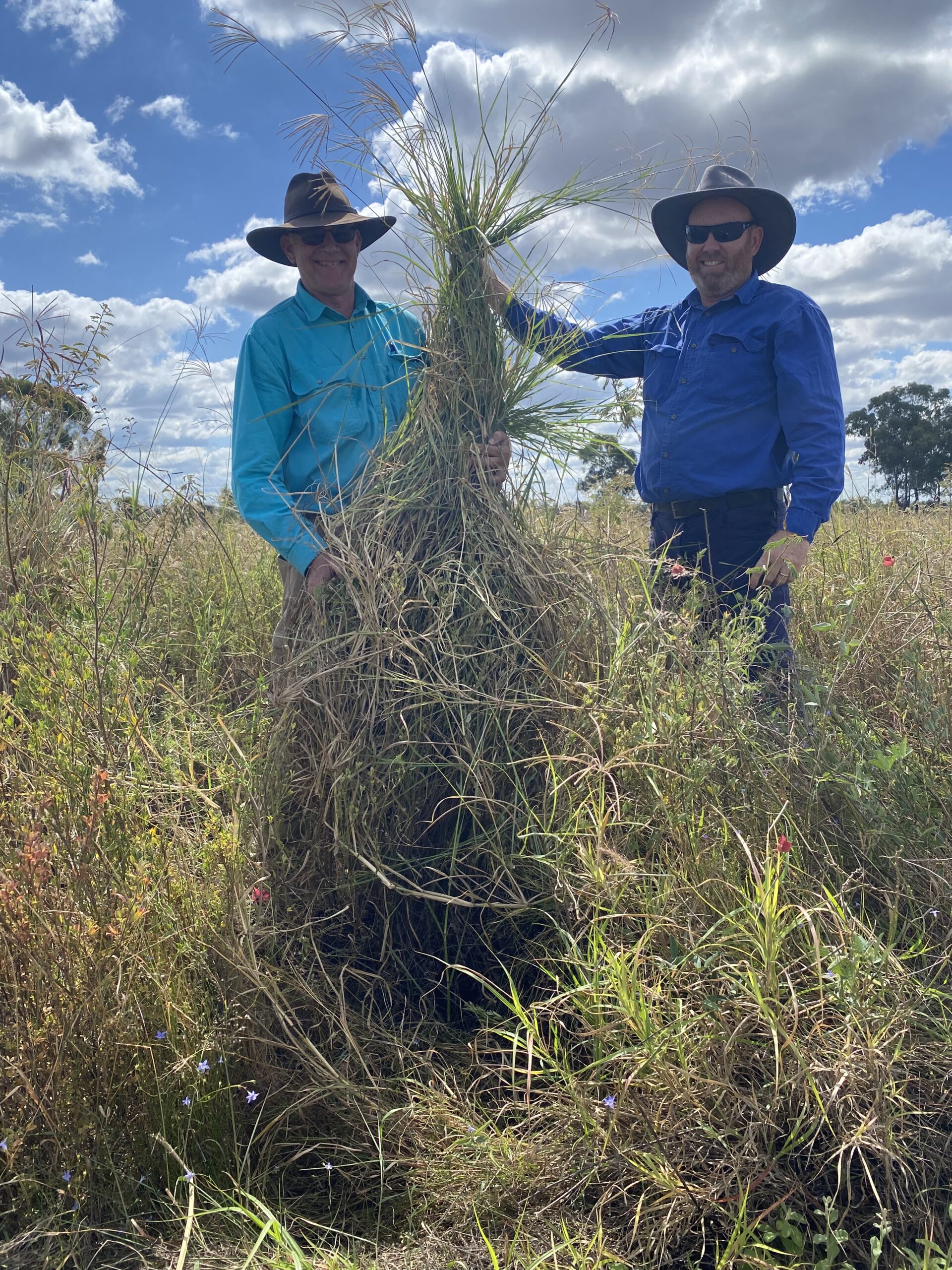
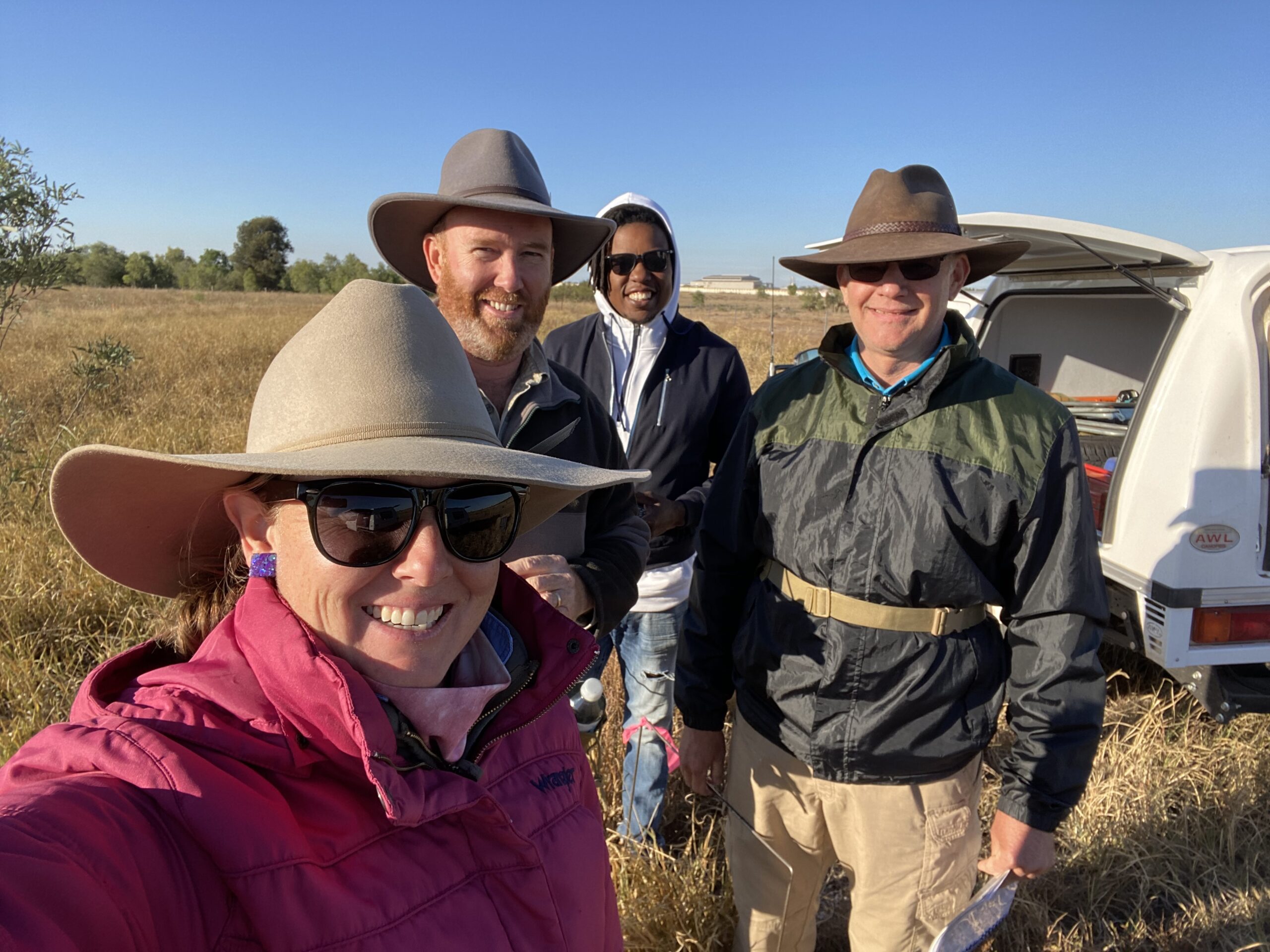
Outside of his projects, he was active in the broader departmental community in Emerald. He took on the role of Sexual Harassment Referral Officer and was keenly focused on workplace health and safety. One of his mantras was, ‘you’ve got to check yourself before you wreck yourself!’
Outside work, Paul was renowned for his love of the bush, outback travel, rugby union and league, fishing and enjoying time around a campfire. For a while he was a rugby union referee in Emerald. He was a pretty handy photographer and was not afraid to post great shots on social media.
A notable feature in most of his recreational and work photos is his ever-present grin. This grin reflected his disposition, in that he was a genuinely cheery person with a positive outlook on about everything, and good person to work with and be around. He even managed a half-grin or 2 for friends and family in his last few days whilst gripped by illness.
All in all, he was just a fantastic bloke, who despite some health issues, never complained and enjoyed getting the job done.
He is survived by his wife Dana and sons, Connor and Byron, and will be deeply missed by his colleagues in the department, the broader pasture research community and cattle producers across Northern Australia.
Peter Johnston, and Paul’s colleagues from the Department of Agriculture and Fisheries
July 2024